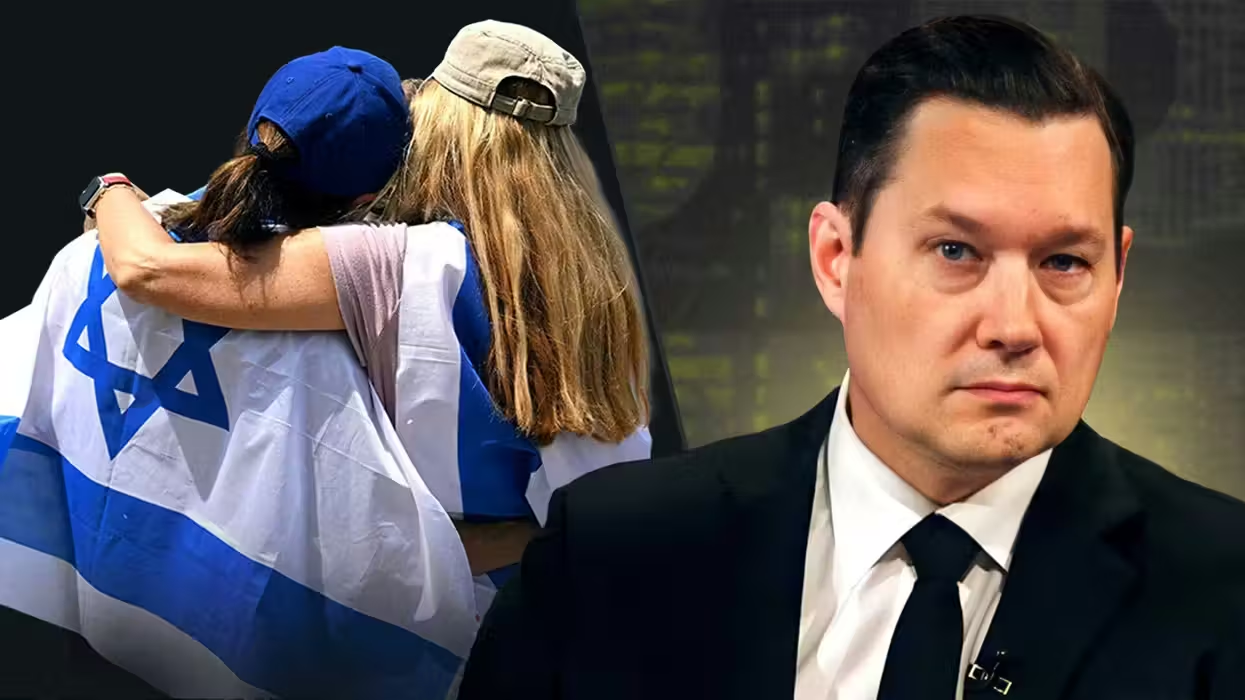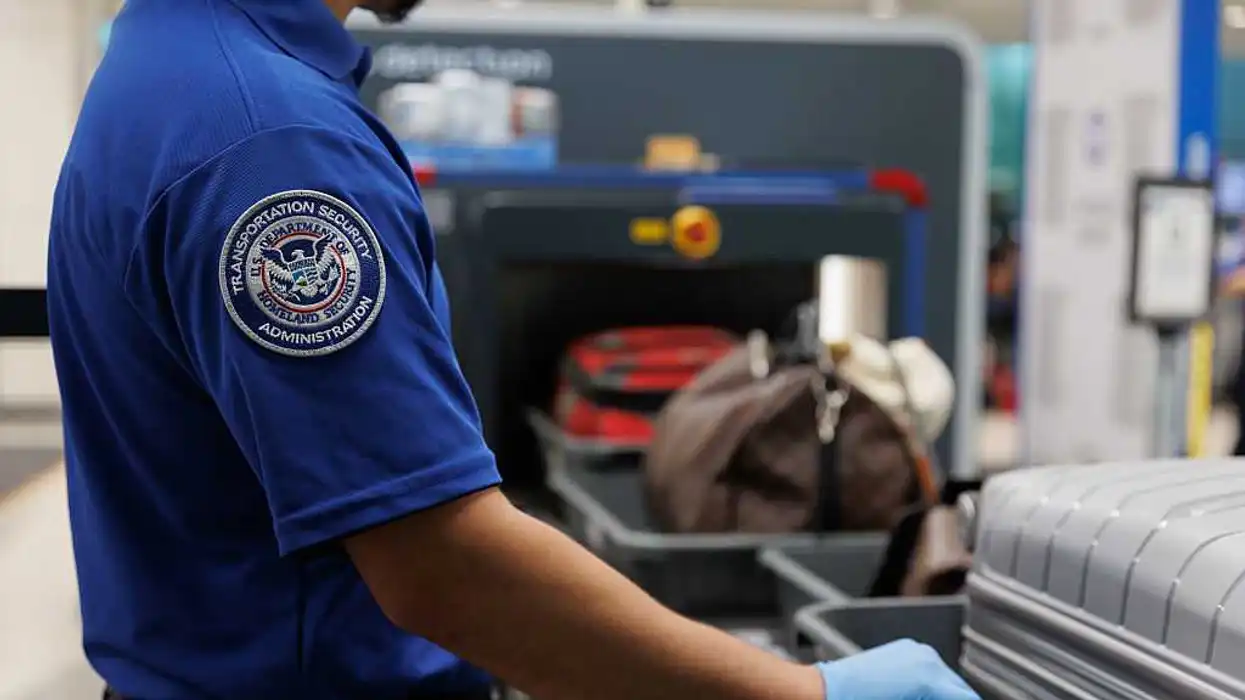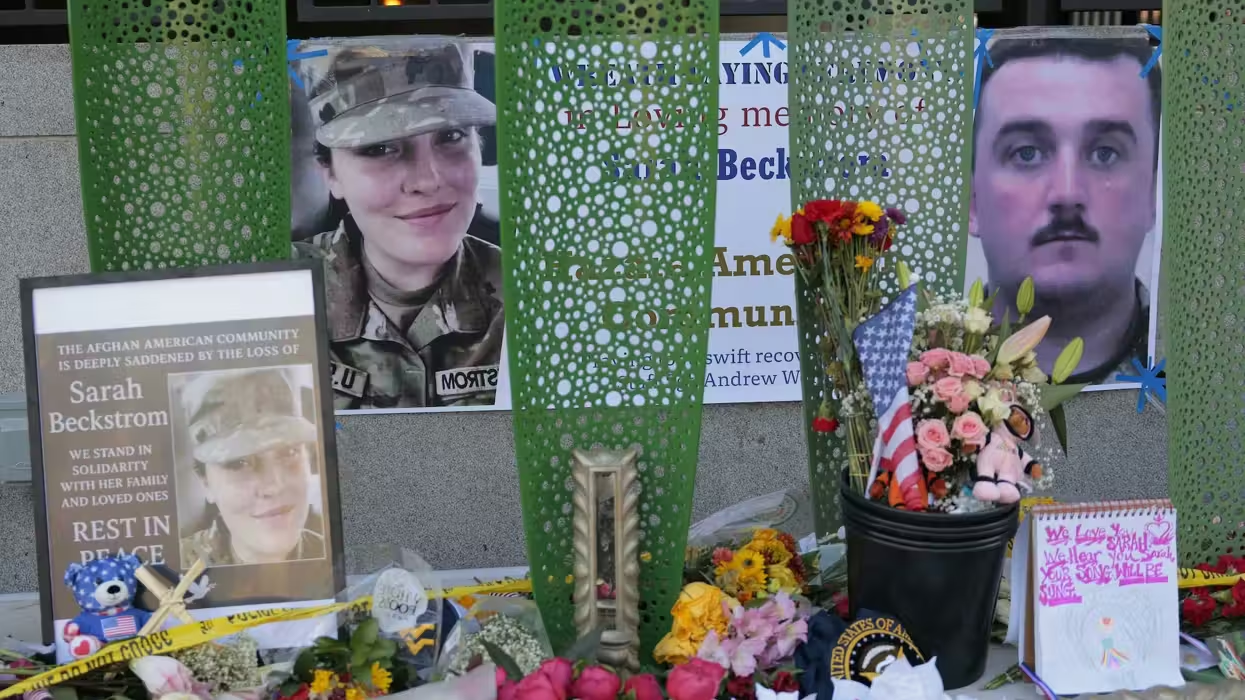For those who don't know, there's a fascinating story surrounding Edwin "Buzz" Aldrin's "secretive" activities in space. The second man to walk on the moon, Aldrin is also the first -- and only known -- individual to take Holy Communion. The act, which has gained scattered coverage in the past, was both a coveted and a controversial one.
Just before Aldrin stepped foot on the moon, he took the Eucharist, using wafers and a bottle of wine he brought into space from the Webster Presbyterian Church in Webster, Texas. Over the past decades since the 1969 moon landing, he has openly discussed the fascinating experience in detail.
"I poured the wine into the chalice our church had given me. In the one-sixth gravity of the moon the wine curled slowly and gracefully up the side of the cup," Aldrin told Guideposts Magazine in 1970. "It was interesting to think that the very first liquid ever poured on the moon, and the first food eaten there, were communion elements."
But this intriguing display, according to the Daily Mail, was purportedly kept secret by the U.S. government, despite plans that the astronaut originally had to broadcast the Christian act on radio.
See a dramatized version of his communion in the 1998 HBO miniseries, "From the Earth to the Moon," below:
NASA apparently decided not to allow Aldrin to showcase the sacrament, as Madalyn Murray O'Hair, the now-deceased founder of American Atheists, threatened to sue the U.S. government over a previous religious broadcast that apparently unfolded on Apollo 8, a separate vessel (Aldrin was on Apollo 11 for his moon mission).
According to PBS, "She tried to prevent the reading of Genesis 8 on the Apollo space mission, arguing that the astronauts were government employees and thus prohibited from reading the Bible. (The Supreme Court declined jurisdiction.)." So the government was, thus, allegedly hesitant to allow Aldrin to broadcast the communion for fear that it would, again, rile O'Hair.
The Guardian adds more about the famed atheist's opposition to NASA personnel exhibiting overt faith on the job:
After the Apollo 8 crew had read out the Genesis creation account in orbit, O'Hair wanted a ban on Nasa astronauts practising religion on earth, in space or "around and about the moon" while on duty. She believed it violated the constitutional separation between church and state.
 Astronaut Buzz Aldrin displays a copy of his new book as he speaks at the launch of the PayPal Galactic initiative at the SETI institute in Mountain View, Calif., Thursday, June 27, 2013. The program aims to bring together leaders in the space industry working on the issues around the commercialization of space, including what currency will be used, how banking systems will adapt, managing risk and fraud, and customer support.Credit: AP
Astronaut Buzz Aldrin displays a copy of his new book as he speaks at the launch of the PayPal Galactic initiative at the SETI institute in Mountain View, Calif., Thursday, June 27, 2013. The program aims to bring together leaders in the space industry working on the issues around the commercialization of space, including what currency will be used, how banking systems will adapt, managing risk and fraud, and customer support.Credit: AP
While Americans didn't hear the communion live as Aldrin had originally hoped, those at the Houston Space Center Mission Control were invited to join him in giving thanks as he read a section from the Book of John.
"I am the vine, you are the branches. Whoever remains in me, and I in him, will bear much fruit; for you can do nothing without me," the astronaut read from a written card (John 15:5).
Despite this great fanfare, Aldrin later wondered if Christian communion was the right move after all. While he said that it was incredibly fulfilling, in his memoir, "Magnificent Desolation," he seemed to admit that it was, in a sense, divisive.
"Perhaps if I had it to do over again, I would not choose to celebrate communion," he wrote. "Although it was a deeply meaningful experience for me, it was a Christian sacrament, and we had come to the moon in the name of all mankind—be they Christians, Jews, Muslims, animists, agnostics, or atheists."
However, he added, "But at the time I could think of no better way to acknowledge the enormity of the Apollo 11 experience than by giving thanks to God.”
You can read more about the communion experience
here. While it has been dubbed secretive in nature, it wasn't entirely hidden from the public. That said, it was downplayed by the government and, as stated, was not broadcast live.
(H/T: Daily Mail)
--
Other Must-Read Stories:

 Astronaut Buzz Aldrin displays a copy of his new book as he speaks at the launch of the PayPal Galactic initiative at the SETI institute in Mountain View, Calif., Thursday, June 27, 2013. The program aims to bring together leaders in the space industry working on the issues around the commercialization of space, including what currency will be used, how banking systems will adapt, managing risk and fraud, and customer support.Credit: AP
Astronaut Buzz Aldrin displays a copy of his new book as he speaks at the launch of the PayPal Galactic initiative at the SETI institute in Mountain View, Calif., Thursday, June 27, 2013. The program aims to bring together leaders in the space industry working on the issues around the commercialization of space, including what currency will be used, how banking systems will adapt, managing risk and fraud, and customer support.Credit: AP






